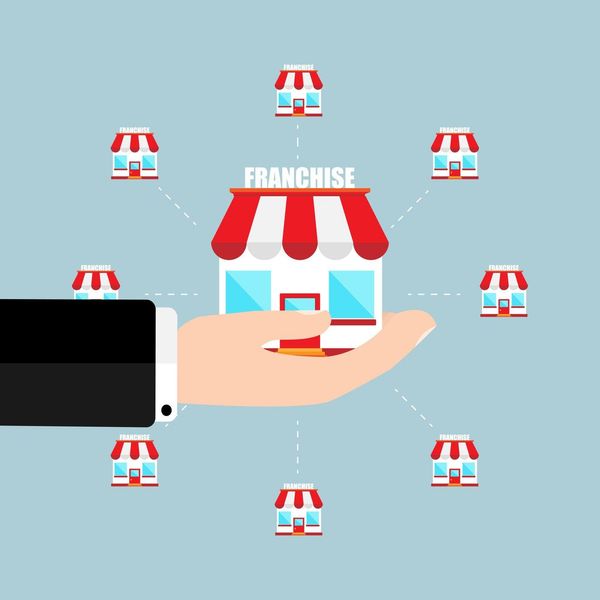Do You Have the Right Personality to Succeed in Franchising?
When you start investigating a franchise through either a franchise broker or a franchisor directly, you may become focused on which franchise is right for you. That's an important question, but not as important as knowing whether any franchise is right for you.
Remember, your franchise broker wants you to buy a franchise, and it really doesn't matter which one. Sure, she will offer you the ones she feels are best for you, but don't expect the broker to walk away from a 20 percent commission -- perhaps as much as $10,000 or $20,000 -- just because she thinks you might not make a great business owner.
Understand What Drives Franchise Brokers
Franchise brokers are just like real estate brokers. They want you to buy a house -- any house. And once you do, you may never see or hear from them again. Does this make franchise brokers bad people? No, of course not. One of my good friends is a franchise broker and he's a terrific, ethical guy. Let's assume they are all wonderful, ethical human beings. That doesn't change the fact that they are there for one purpose only: to facilitate the buying and selling of franchises.
Kendra Kerr, a franchise broker for The Entrepreneur's Source, told me this: "Most people can get into franchising easily, regardless of their characteristics. I conduct an assessment to understand their communication [and] leadership style. The assessment is a terrific tool for clueing me in on the type of franchise that would be most appropriate for my client.
"As an example, someone who is highly compliant, very task-oriented, and [has] minimal people skills would be best suited for a franchise where people come to them. Extroverts who are goal-oriented would be best suited for a direct sales type of franchise. Both types of people need to be able to follow a process."
I have no doubt that Kendra's assessment tools help point people in the direction of an appropriate franchise. But I question whether characteristics such as "compliant" and "minimal people skills" are useful traits for any business owner, franchise or otherwise.
Think of a half dozen people you know who are successful in their own businesses. Is there one of them who got there by being "task-oriented" with "minimal people skills"? Maybe you can come up with one. I know several dozen highly successful business owners personally and I can't come up with even one that fits that description.
Franchise Owners Set the Tone
Perhaps one could argue if you buy a franchise that has a great brand name -- let's say Great Clips or -- that as long as you keep the place clean and the shelves stocked, you can be successful even if you don't like dealing with the public.
Owners set the tone. If they don't like dealing with the public, that attitude will show up in the people they hire. If they don't like dealing with their employees (part of the owner's "public") they will not hire the kinds of people who help an owner develop a loyal clientele.
Of course, hundreds of franchises limit their exposure to people, but I don't think there are any that eliminate it. And where there are people to deal with, there is the need for a wide range of skills that not everyone possesses in sufficient measure.
Franchisors Have Little to Lose
Compared with franchise brokers, franchisors will be more discriminating about whether you fit what they are looking for in a franchisee. But, more often than not, money talks. If you have the money, you are likely to be accepted -- especially now, with franchisors hurting economically and looking for franchise fees to keep their lights on and payrolls going.
The franchisor has little to lose. Yes, if you fail it's a black mark against them that has to be disclosed in the Franchise Disclosure Document. And the cost of dealing with a failed franchisee can be considerable. But for the franchisor these risks are minimal. Most franchisees, when they go, go quietly. Franchise brokers and franchisors won't tell you what the true critical skills are for success.
If you want to determine if there's a potential franchisee locked inside you waiting to emerge, read Do You Have What It Takes to Be a Franchisee? and take the two self-assessment tests it contains. They will help you to identify your past accomplishments and failures, and analyze what personality traits you have that contributed to both. This is an important first step in determining if you "have what it takes" to succeed in franchising.
Mitchell York is a Professional Certified Coach, small business entrepreneur, and author of Franchise: Freedom or Fantasy? How to Know If a Franchise Is Right for You After Your Corporate Career. He can be reached at mitch@e2ecoaching.com and information about his book is available at www.franchisefreedomorfantasy.com. Mitch also blogs at www.e2ecoaching.com.



